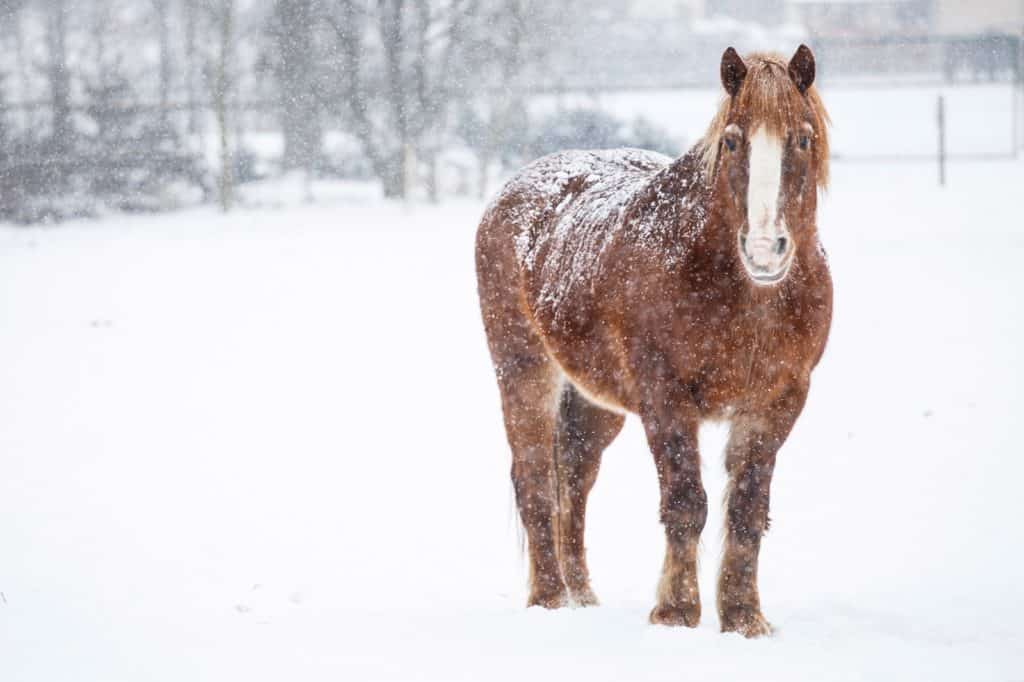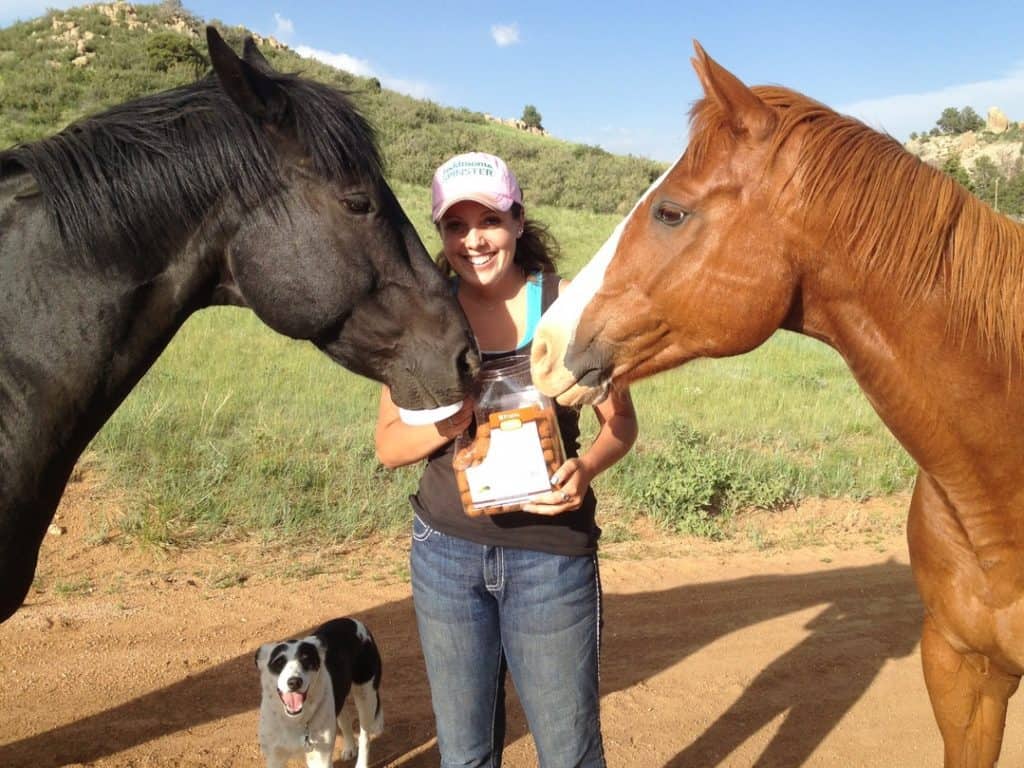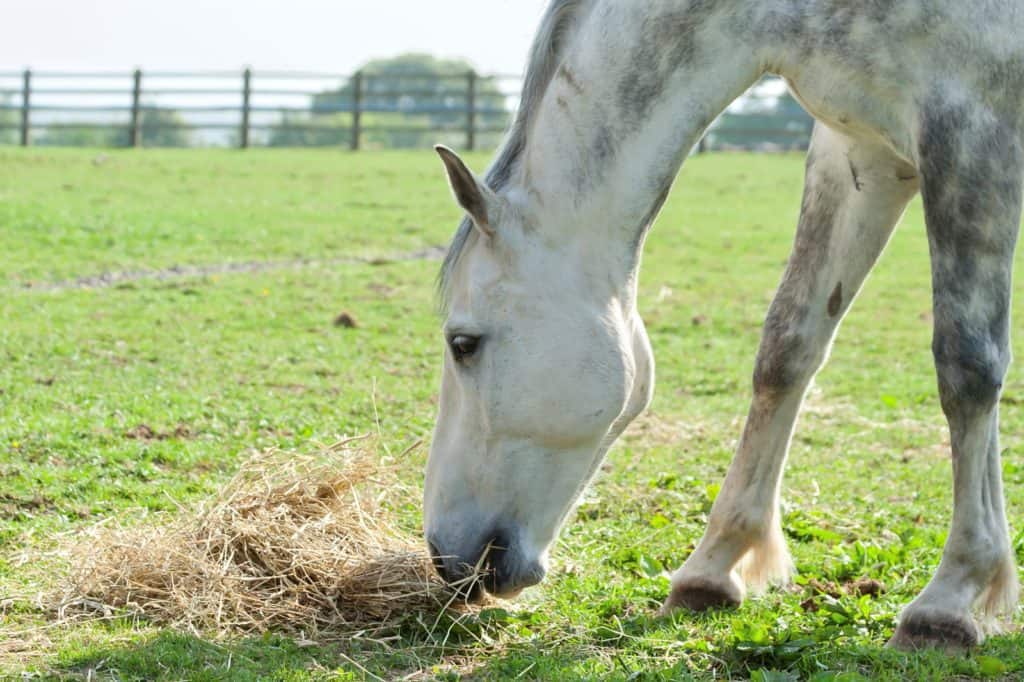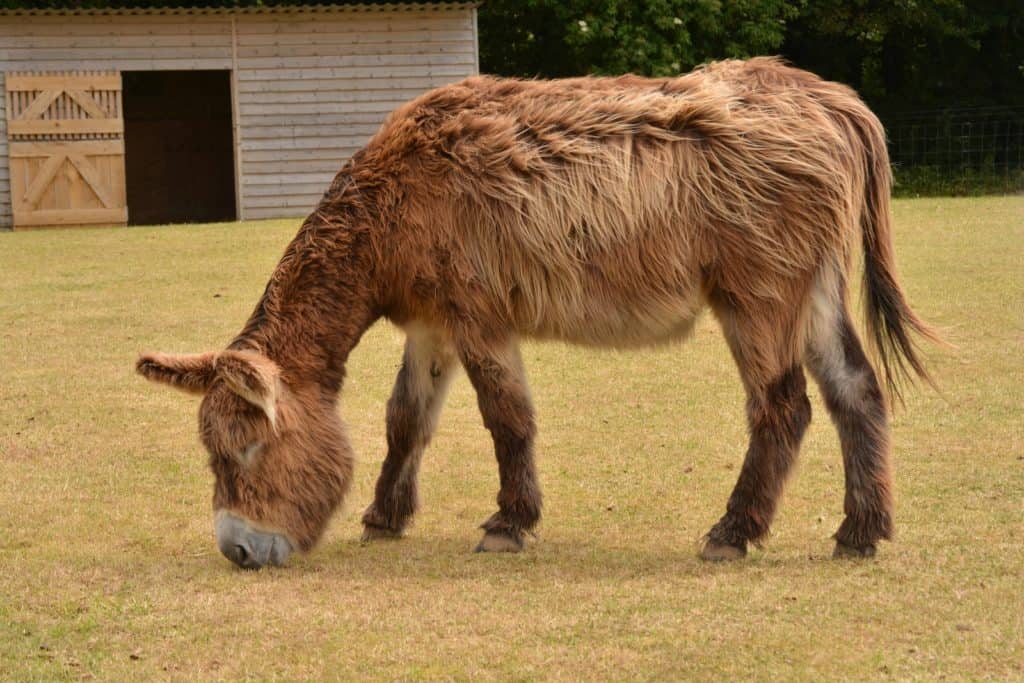

Do these supplement ingredients improve performance?

Of the 413 respondents, 212 (51%) have dealt with an equine picky eater.
Equine lecture topics will include feeding endocrine-challenged horses, allergies, equine aging, supplements, and more.

A nutritionist looks at the relevant, if limited, research about pre- and probiotics in the equine diet.

When fed with forage, ration balancer pellets supplement equine diets without excess calories.

Ensure your golden oldie gets the care and support he needs, even if he’s weathered previous winters without trouble.

Researchers are evaluating the impact of these proteins in combating performance-induced physiologic stress in horses.

Design a feeding program that provides adequate calories without putting the horse at risk for gastrointestinal upset.

Goedde studied whether an omega-3 DHA supplement affected a stallion’s sperm motion characteristics and viability.

Of the 674 respondents, 614 (91%) said their horses’ daily diet includes grain, feed, concentrates, or supplements.

Take a look at some commonly fed supplements and the theories behind their use.

Save time and money by giving your feed room a good spring cleaning with these tips.

Joint health and mobility supplements were the most frequently used in both disciplines, researchers found.

These micronutrients found in forage, feeds, and supplements help support the athletic horse’s health.

More than 50% of respondents said they feed grain, concentrates, complete feeds, or supplements twice each day.

Donkeys aren’t horses, and nowhere is that more apparent than in their feed needs. Find out what your donkey should eat.
Stay on top of the most recent Horse Health news with
"*" indicates required fields